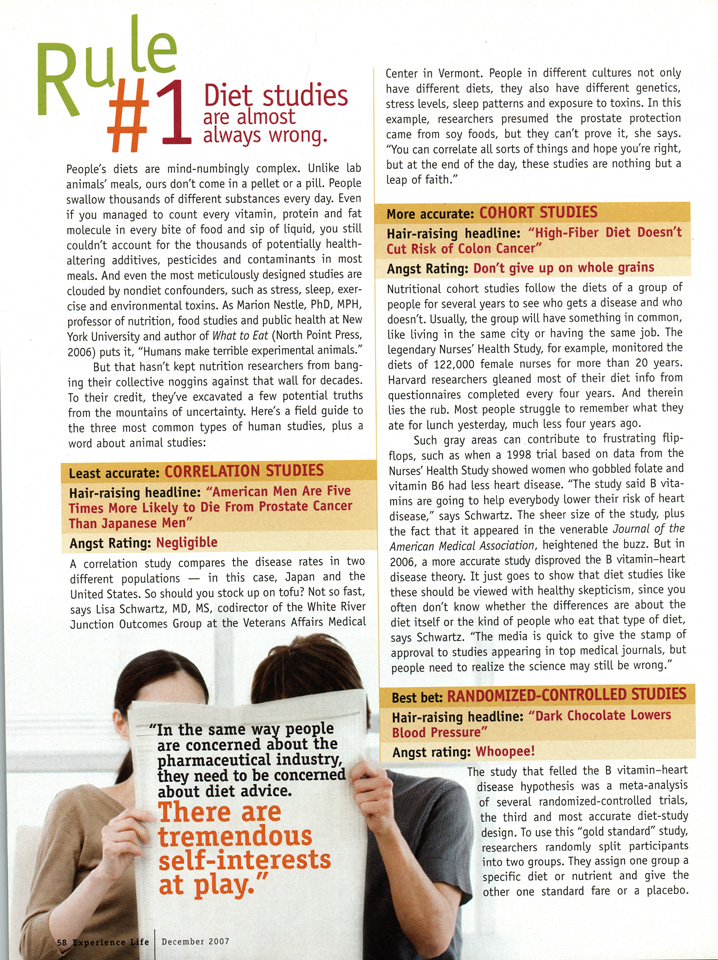
### The Challenge of Belief Superiority: Confidence Lacking Competence
We’ve all met individuals who are steadfast in their beliefs, certain that their viewpoint is not just accurate—but *the sole correct one*. Perhaps we have even seen this characteristic in ourselves, particularly concerning issues we feel strongly about. While passion can be commendable, recent psychological studies indicate that this inclination towards belief superiority can lead to a cognitive drawback: individuals who perceive their opinions as superior to others typically overvalue their relevant knowledge and are less inclined to pursue further learning opportunities.
This intriguing discovery, examined through a series of experiments by Michael Hall and Kaitlin Raimi and published in the *Journal of Experimental Social Psychology*, builds upon a well-documented cognitive bias known as the **Dunning-Kruger effect**. The Dunning-Kruger effect notably illustrates how individuals with limited expertise in a given area tend to inflate their confidence regarding their abilities in that domain. Hall and Raimi extend this concept by exploring not just ignorance, but an additional aspect of overconfidence: **belief superiority**, the conviction that one’s opinions are inherently more valid than those of others.
Their conclusions? Belief superiority does not merely lead to misplaced assurance—it also encourages intellectual stagnation by dissuading individuals from seeking further knowledge.
—
### Defining Belief Superiority
Belief superiority embodies the notion that one’s beliefs are not simply accurate, but qualitatively superior to those of others. This is different from merely “being correct.” For instance, if you assert, “The Earth is a spheroid,” you’re likely making a true claim grounded in scientific evidence. Belief superiority takes it further by suggesting that others’ opinions on the subject (even those equally supported by evidence) are inherently flawed or inferior.
Hall and Raimi were keen on exploring how belief superiority interacts with individuals’ self-perceptions of knowledge and their eagerness to learn. “Are those who consider their beliefs to be superior simply more knowledgeable?” the authors inquired. Or are they under the influence of a bias that clouds their ability to accurately assess their expertise?
—
### Investigating the Relationship Between Belief Superiority and Self-Perceived Knowledge
To delve into these inquiries, the researchers conducted various experiments that scrutinized belief superiority across contentious topics, such as climate change, genetically modified organisms, and vaccination. Participants were asked to evaluate the superiority of their beliefs on these issues and then indicate their perceived knowledge. In some of the studies, participants’ actual knowledge was also assessed using objective metrics.
The results showcased a remarkable trend:
1. **Knowledge Overestimation:** Participants who regarded their beliefs as superior consistently overvalued their knowledge on the evaluated topics. For example, an individual convinced of their superior stance on climate change might falsely believe they possess comprehensive understanding of the science, policy, or historical context of the topic, even when they do not.
2. **Diminished Motivation to Learn:** Belief superiority was also associated with a reduced drive to acquire new information. The higher participants rated the superiority of their views, the less likely they were to consider alternative viewpoints or deepen their understanding of the topic.
3. **Knowledge Discrepancy:** In many instances, individuals exhibiting high belief superiority demonstrated no greater knowledge than their counterparts—and occasionally less—despite their inflated confidence in their expertise.
—
### A New Perspective on the Dunning-Kruger Effect
These findings enrich our comprehension of the Dunning-Kruger effect. While the classic interpretation emphasizes the link between ignorance and overblown confidence, Hall and Raimi’s research highlights the *attitudinal aspects* that worsen overconfidence. Specifically, the belief that others are fundamentally wrong in their viewpoints (as opposed to merely being uninformed) seems to particularly enhance overestimation of one’s own knowledge.
What makes this phenomenon especially concerning is its self-perpetuating nature. Individuals with high belief superiority often overlook information that contradicts their beliefs, thereby decreasing the chances of acquiring a more balanced or nuanced outlook. In essence, belief superiority constructs an intellectual barrier that can be challenging to dismantle, even when faced with new data.
—
### Implications of Belief Superiority
Understanding the psychological foundations of belief superiority bears significant implications for how we conduct public discussions and foster intellectual development in a divided world. Here are three essential points derived from Hall and Raimi’s research:
1. **The Importance of Intellectual Humility:** Confidence in one’s beliefs may provide short-term rewards but poses an obstacle to long-term knowledge acquisition. Developing intellectual humility—recognizing both what you know and what you do not—is a vital step toward becoming a more knowledgeable and open-minded person.
2. **Polarization and Communication:** Belief superiority can exacerbate societal divisions, as individuals become increasingly firm in their convictions and less inclined to engage with differing viewpoints. This trend underscores the necessity